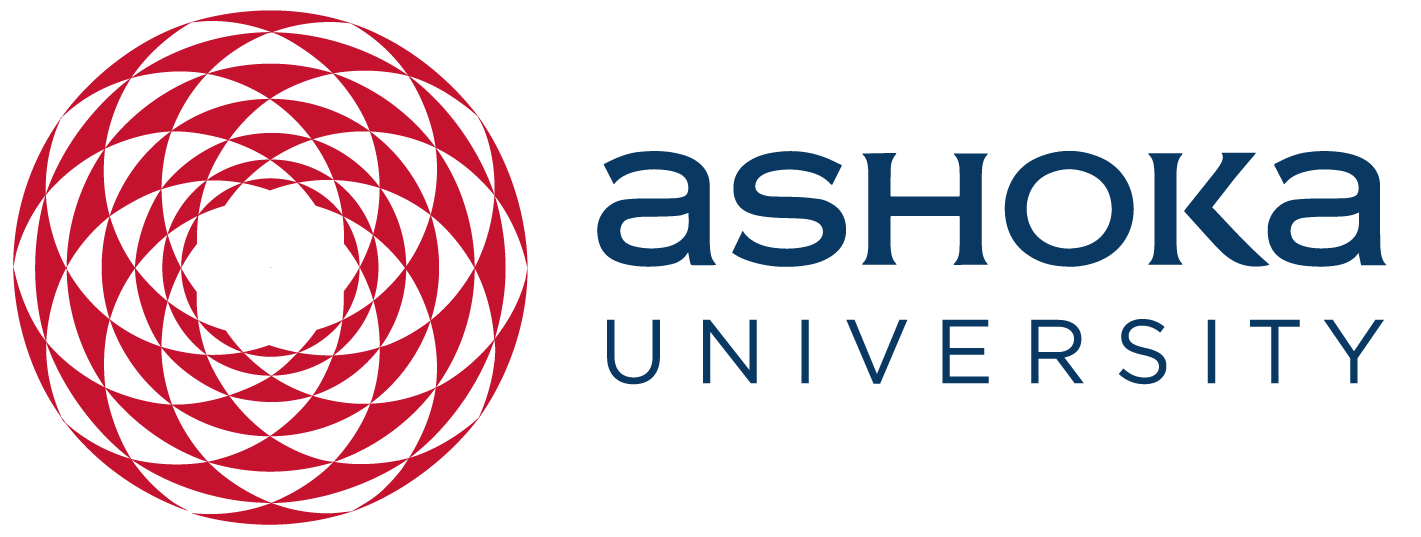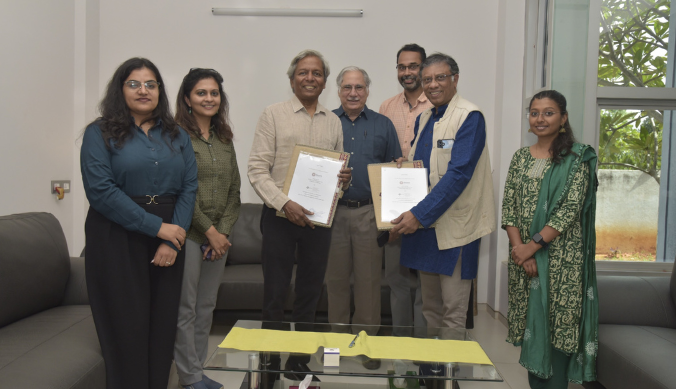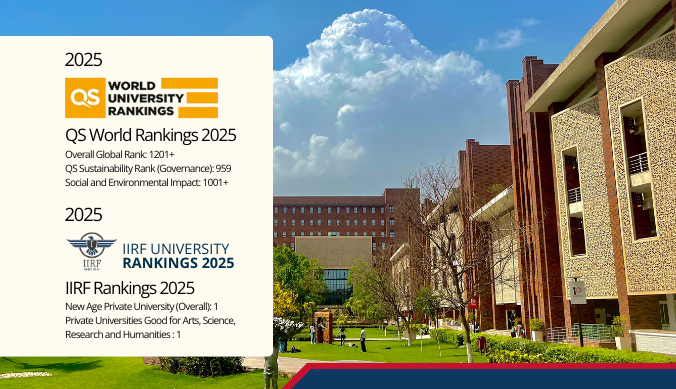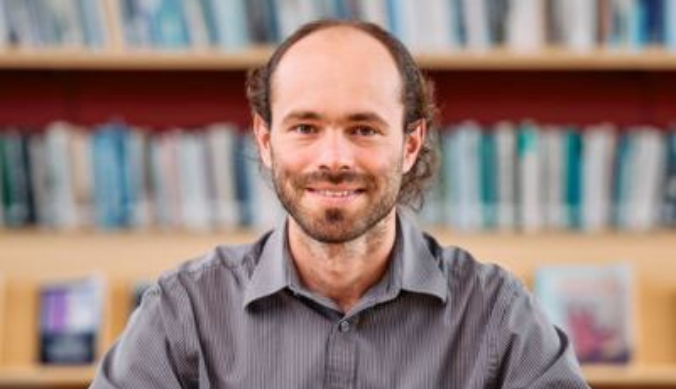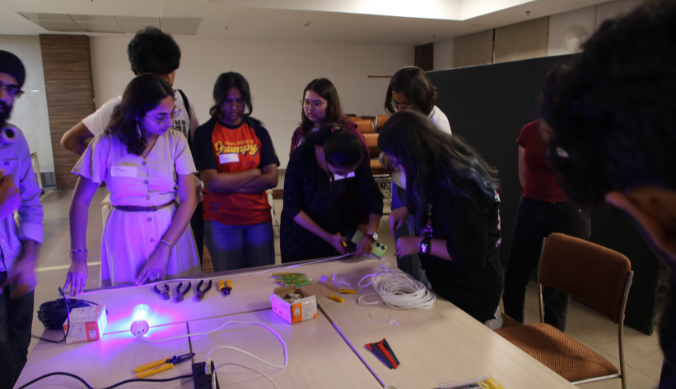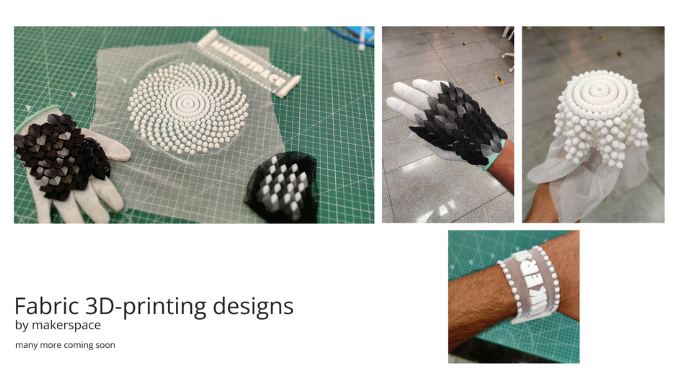Exploring the Intersection between Computer Science and Social Development
Soham De, an ASP student at Ashoka University delves into the fascinating intersection of Computer Science and Social Development. His research focuses on how propaganda and misinformation spreads on Twitter (now X)
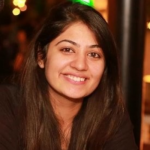
Yukti Arora
11 December, 2023 | 4m readDuring his time as an undergraduate Computer Science major at Ashoka University, Soham De (ASP23) has collaborated with almost a dozen researchers from around the world to work on ‘Information and Communication Technologies for Development’ (ICT4D). Primarily, his focus has been on understanding how propaganda and misinformation spreads on Twitter. Soham and the larger research team has published multiple papers analysing the subtle aspects of how politicians use Twitter, their interactions with defence personnel, how journalists create and spread information, and the penetration and reception of fact-checking environments on the platform.
Over the last year, Soham has observed that online Twitter communities, such as those formed after Sushant Singh Rajput’s death, structurally resemble conventional cults. Such communities have a “leadership” group that generates opinions, a group of “preachers” who spread these opinions, and a dedicated “defence” cohort to counter ideological rivals. Soham and the larger research team have also identified an amalgamation of two conditions—a fragmented audience of fact-checkers and a low overlap in the stories covered by these fact-checkers—which they believe explains, in part, the ineffectiveness of misinformation curbing mechanisms. He has also been interested in the recent shift from using hashtags to using taglines, which was initiated as a means to “fly under the radar” of Twitter’s automated account deletion algorithms.
Soham mentioned that, as a principle, he believes modern technologies such as Natural Language Processing, Neural Networks, etc., are important but on their own also incomplete while doing any serious work in the field of ICT4D. It is for this reason that Soham’s research has utilized a careful blend of tools his Computer Science degree equipped him with and research methods often seen in sociology studies. The raw data scraped from Twitter is indeed filtered and treated by deep learning models, but the team also manually combs through the filtered data for labelling and conducts interviews to contextualize the results.
In the near future, Soham hopes to expand the scope of his research to include the multifaceted aspects of online communities in the Global South. According to Soham, this is an incredibly interesting demographic from an ICT4D perspective because a large fraction of social media users within this demographic are also first-generation internet users. This scenario lends itself to an important and nuanced study of the bottom-up and top-down forces that shape our online political discourse and society at large. In the meanwhile, researchers like Soham would continue to tap into the potential of information technologies and contribute to driving the engines of development.
Study at Ashoka

